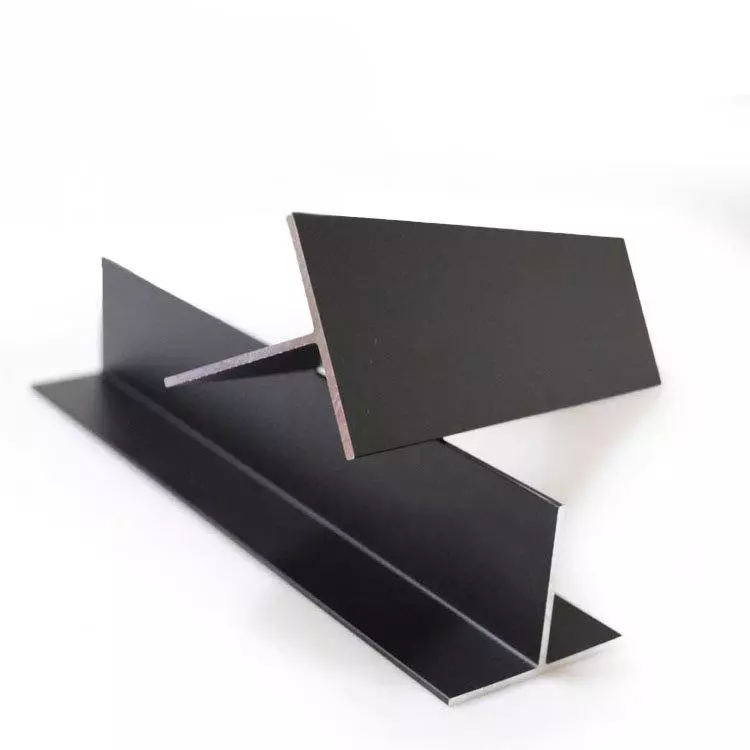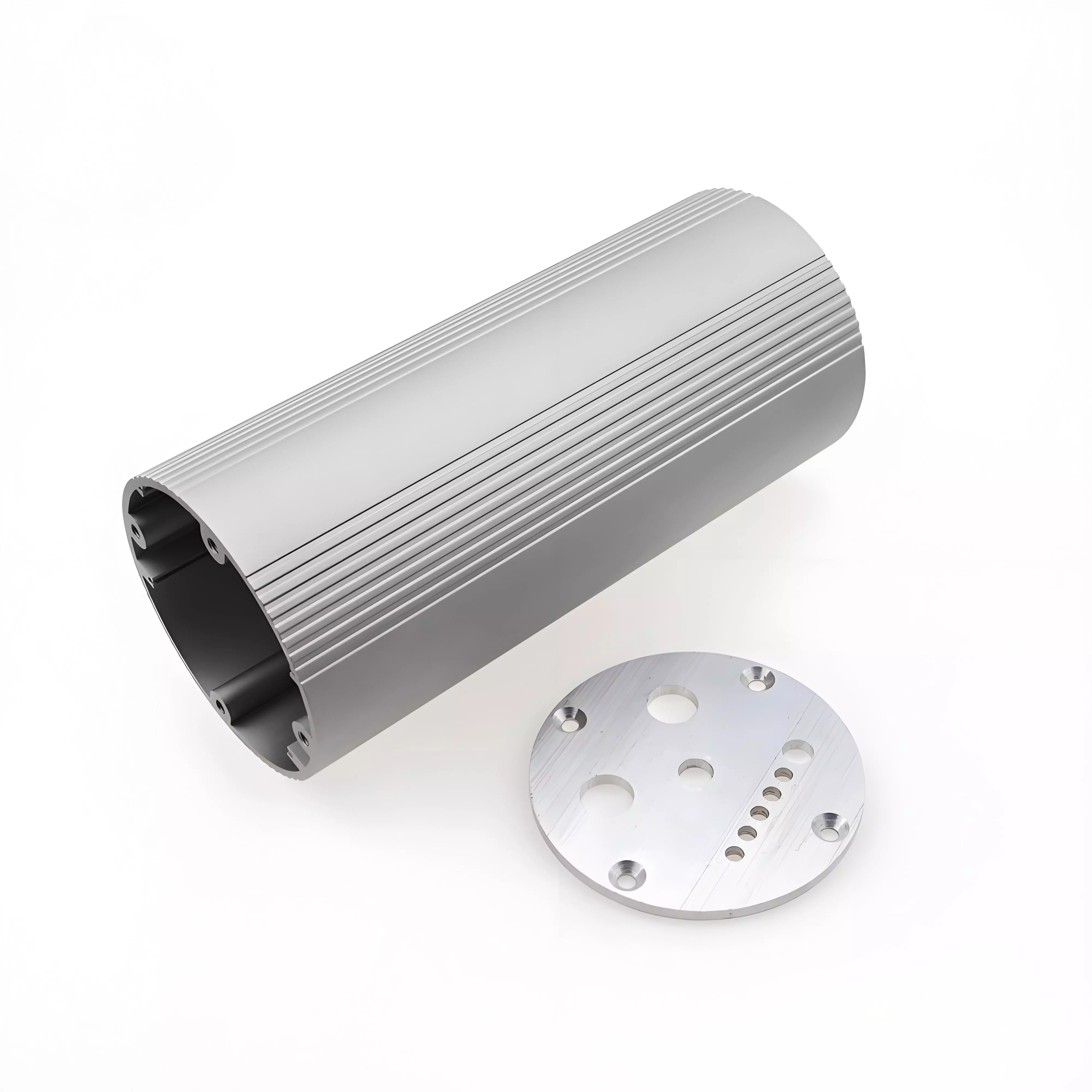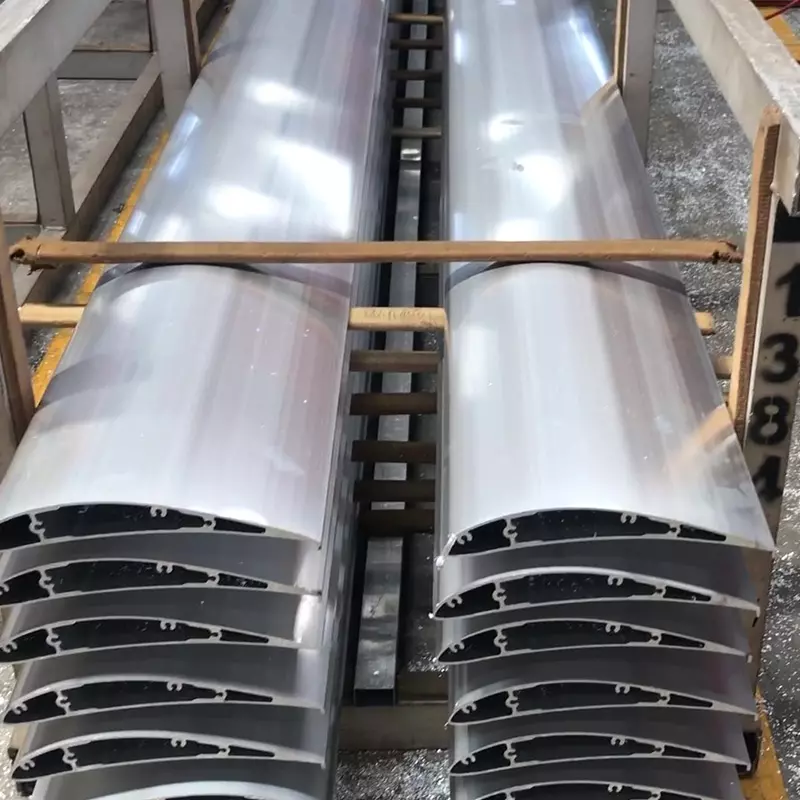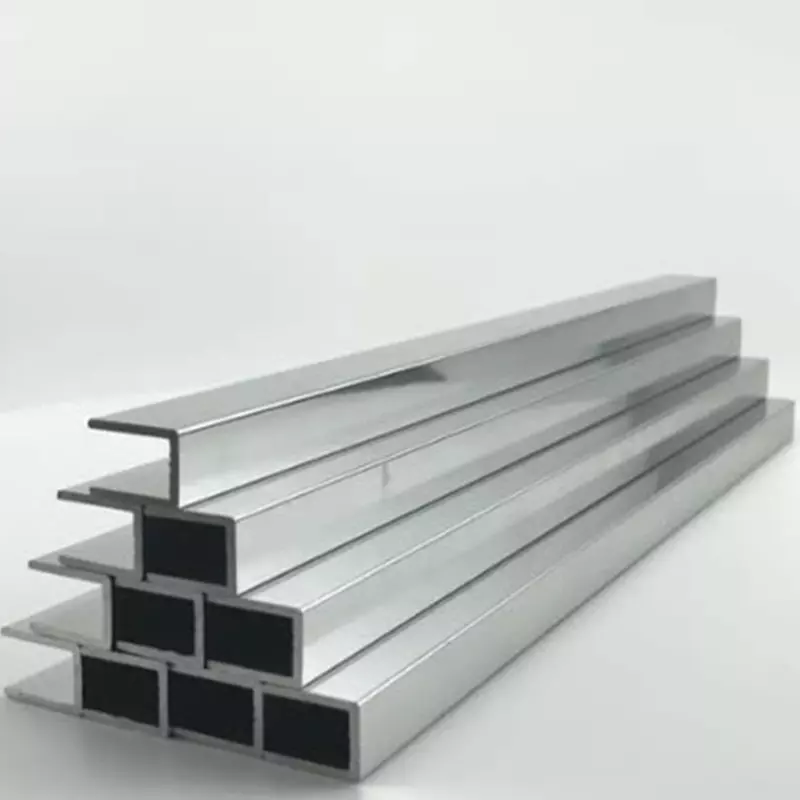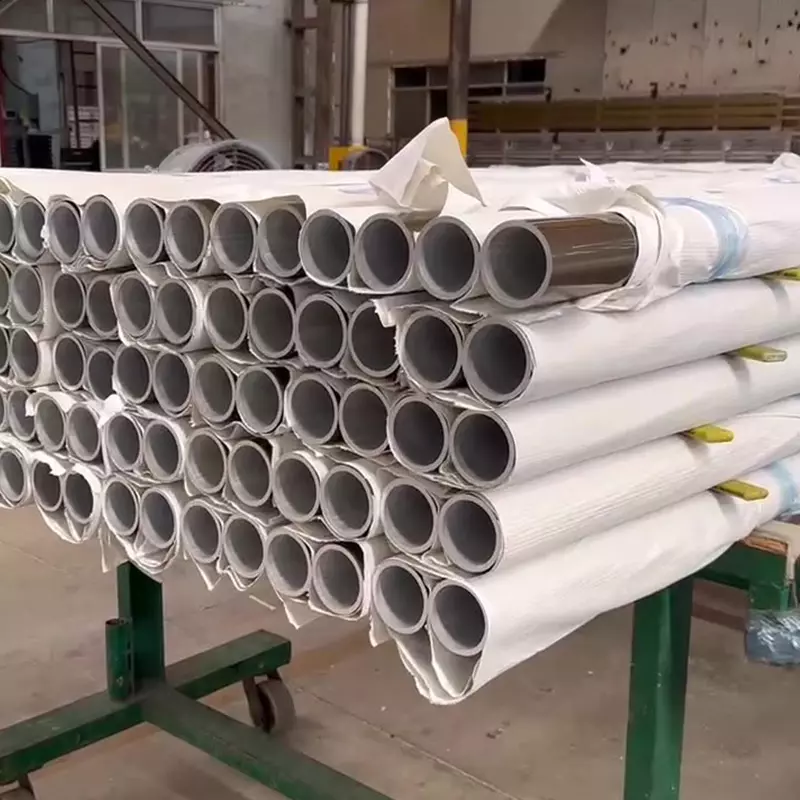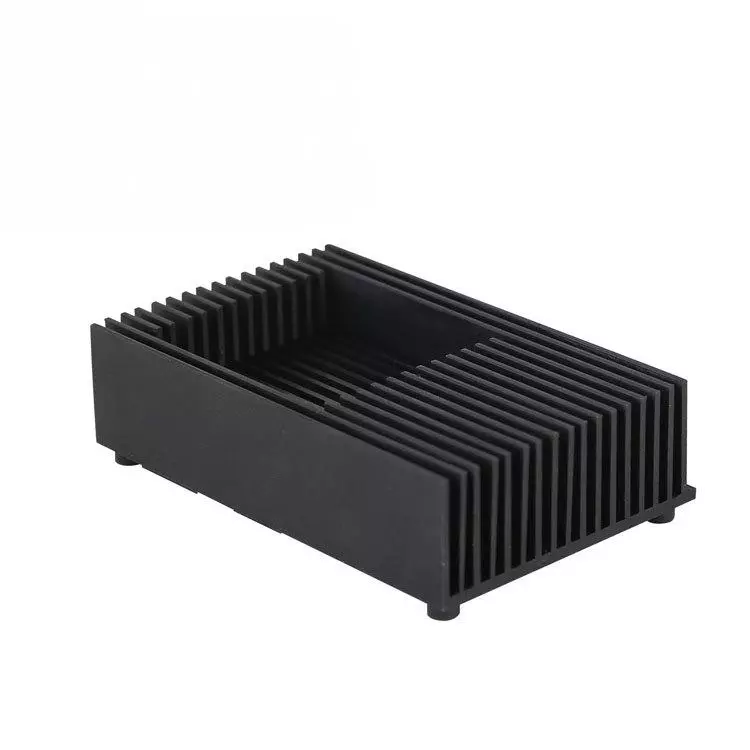10
2025
-
09
Working Principle of Aluminum Profiles: The Combination of Lightweight Beauty and Strength
Explore the working principles of aluminum profiles and understand their applications and advantages in modern engineering.
Introduction: The Charm of Aluminum Profiles
Hello everyone! Today, let's talk about the working principle of aluminum profiles. As an indispensable material in modern industry, aluminum profiles have been widely used in various fields due to their lightweight characteristics and excellent strength. Whether in construction, automotive, or electronic products, aluminum profiles play an outstanding role.
Basic Concept of Aluminum Profiles
Simply put, aluminum profiles are various cross-sectional materials formed by extruding aluminum alloys. Their shapes and sizes can be customized according to needs to suit different applications. Aluminum profiles are not only lightweight but also have excellent corrosion resistance and thermal conductivity, making them highly favored.
Working Principle: From Raw Material to Finished Product
The production process of aluminum profiles starts with aluminum ingots. The ingots are heated to high temperatures until soft, then fed into an extrusion press. Under high pressure, the aluminum ingot is forced through a die of a specific shape to form the desired profile. Wow, this process is truly amazing!
Advantages of Extrusion Molding
Through this extrusion molding method, aluminum profiles can achieve high-precision manufacturing, ensuring every detail is perfectly presented. Moreover, the design of aluminum profiles is flexible and can meet different customer needs. For example, window frames and door frames in the construction industry or heat sinks in the electronics industry are all made possible by aluminum profiles.
Application Fields of Aluminum Profiles
Aluminum profiles are almost everywhere, especially excelling in the following fields:
- Construction Industry: Used in windows, doors, curtain walls, etc., combining aesthetics and practicality.
- Transportation Industry: Car bodies, train carriages, etc., reducing weight and improving fuel efficiency.
- Electronics Industry: Heat sinks, casings, etc., providing protection and heat dissipation for electronic devices.
Advantages of Aluminum Profiles
Why are aluminum profiles so popular in modern industry? There are many reasons! First, their lightweight characteristics make transportation and installation more convenient. Secondly, the corrosion resistance allows them to maintain good performance in various environments. Additionally, the recyclability of aluminum profiles is a major highlight, aligning with environmental protection trends.
Future Outlook: The Infinite Possibilities of Aluminum Profiles
Looking ahead, the applications of aluminum profiles will become even more widespread. With technological advancements, new aluminum alloy materials continue to emerge, and the working principles of aluminum profiles may see new breakthroughs. Imagine how great it would be to see aluminum profiles in high-end fields like aerospace and medical devices!
Conclusion: Aluminum Profiles, a Combination of Lightness and Strength
In summary, aluminum profiles, with their unique working principles and superior performance, have secured a place in modern industry. Whether in construction, transportation, or electronics, aluminum profiles demonstrate irreplaceable strength. I hope today's sharing has given everyone a deeper understanding of aluminum profiles!
Related Products


